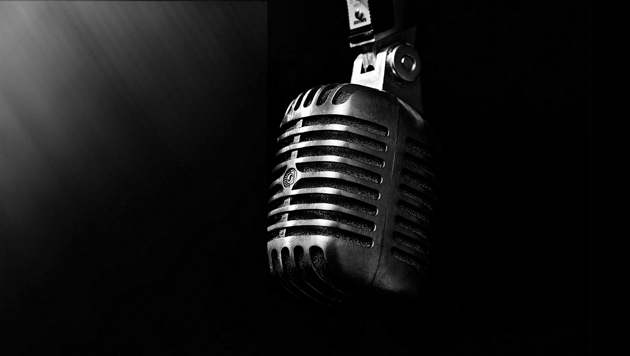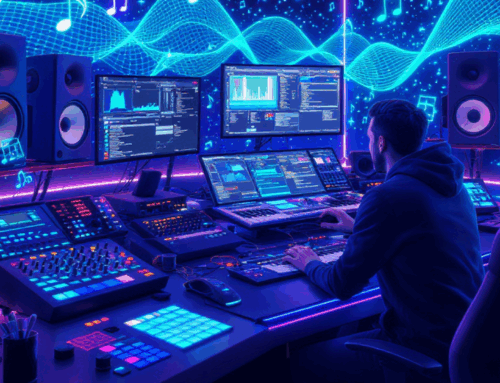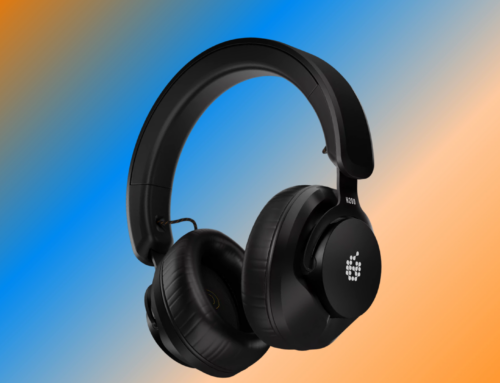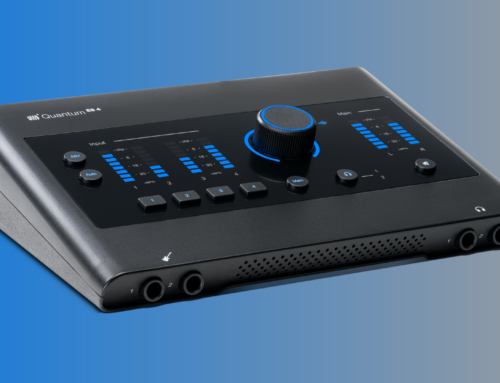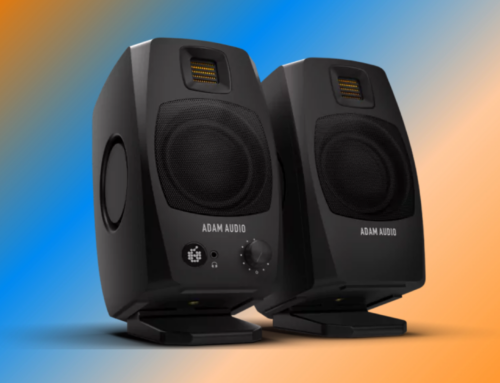Early in their careers, many producers of electronic music have little or no experience of recording live vocals. This is obviously due to the fact that we are able to achieve often excellent results through the use of samples. Eventually however, many of us will want to start using vocalists as we try to push the boundaries of what we do. Over the course of a three part series, I will discuss the basics of recording and processing vocals for electronic music. This first article will focus primarily on tips and tricks for setting up your vocal recording space, and choosing the right microphone for the job. The second article will discuss ways in which you can elicit a great vocal performance from a singer, whilst the third will look at how you process and mix the vocal you have recorded.
Where Should I Record?
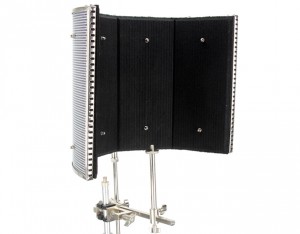 The answer to this for most of us is; “wherever you can”. Few of us are blessed with much space in which to work. The good news, however, is that with very little investment, you can capture a great vocal sound in almost any space. It can be worth experimenting with recording in different spaces around your studio/house – for instance, most of us have heard stories about great vocals being captured using the natural reverb of someone’s bathroom! However, for the most part, we look to capture vocals with as ‘dead’ a sound as possible. We want to try to eliminate natural reverb where possible, so that we have more flexibility to add the exact reverb we want at the mixing stage. You can create a perfectly serviceable ‘dead’ space for recording with just a few feet of space and two pieces of equipment; a reflexion filter and a duvet. A reflexion filter (or similar product) sits on your mic stand, behind the microphone. It stops the sound of the vocals from reverberating off the walls in front of the singer and bouncing back into the rear of the mic. It should not cost much more than $100, and is a really worthwhile investment. For more details, take a look at the video below:
The answer to this for most of us is; “wherever you can”. Few of us are blessed with much space in which to work. The good news, however, is that with very little investment, you can capture a great vocal sound in almost any space. It can be worth experimenting with recording in different spaces around your studio/house – for instance, most of us have heard stories about great vocals being captured using the natural reverb of someone’s bathroom! However, for the most part, we look to capture vocals with as ‘dead’ a sound as possible. We want to try to eliminate natural reverb where possible, so that we have more flexibility to add the exact reverb we want at the mixing stage. You can create a perfectly serviceable ‘dead’ space for recording with just a few feet of space and two pieces of equipment; a reflexion filter and a duvet. A reflexion filter (or similar product) sits on your mic stand, behind the microphone. It stops the sound of the vocals from reverberating off the walls in front of the singer and bouncing back into the rear of the mic. It should not cost much more than $100, and is a really worthwhile investment. For more details, take a look at the video below:
The duvet does exactly the same job, but behind the singer. Try hanging it from the top of a door, or over a cupboard. You will find that when you are stood in between the duvet and the reflexion filter, there is almost no natural reverb on your voice.
What Microphone Should I Use?
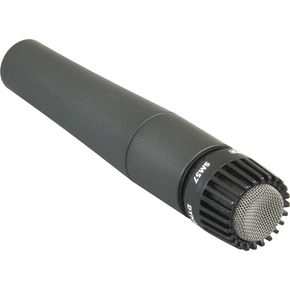 This depends primarily on two factors; your singer, and the genre you are working in. It is a myth that you need to spend a fortune on a microphone to get a great vocal sound. It is fairly well known that most of the vocals on Michael Jackson’s ‘Thriller’ album were recorded on a Shure SM57 (read the full story here). This is a mic that you can pick up for less than $90, brand new – and Thriller is the biggest selling album of all time! Of course, recording technologies are always advancing, and if you are going for a really high end, commercial sound in your music, you will need to invest significantly more to achieve the necessary polish. In many genres an SM57 will still work perfectly well however; both this mic and the Shure SM58 (normally though of as a live mic) are used extensively in the recording of heavy metal vocalists. It stands to reason then, that if you are making fairly noisy music yourself (certain strands of electro, or dubstup for example), these mics will perform brilliantly for you.
This depends primarily on two factors; your singer, and the genre you are working in. It is a myth that you need to spend a fortune on a microphone to get a great vocal sound. It is fairly well known that most of the vocals on Michael Jackson’s ‘Thriller’ album were recorded on a Shure SM57 (read the full story here). This is a mic that you can pick up for less than $90, brand new – and Thriller is the biggest selling album of all time! Of course, recording technologies are always advancing, and if you are going for a really high end, commercial sound in your music, you will need to invest significantly more to achieve the necessary polish. In many genres an SM57 will still work perfectly well however; both this mic and the Shure SM58 (normally though of as a live mic) are used extensively in the recording of heavy metal vocalists. It stands to reason then, that if you are making fairly noisy music yourself (certain strands of electro, or dubstup for example), these mics will perform brilliantly for you.
As well as considering the overall sound you are chasing, you need to consider the specific singer you are working with. Every model of microphone has a different frequency response pattern – it will boost certain frequencies and cut others. For reference here is the frequency response pattern of an SM57:
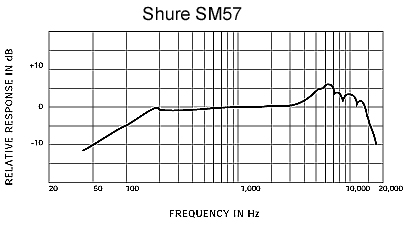
You can see that certain high frequencies are accentuated. This is what gives vocals recorded through this microphone a nice bright sound. However, certain singes will have voices in which those frequencies are naturally already very prominent. If this is the case, then there is every chance that the recording will come out sounding overly harsh. In an ideal world, it is worth trying out your singer on a few different mics, and choosing the one that sounds best for their voice. Obviously you will not always be able to do this, but if you ask at your local music store they may be happy for you to try out a few different microphones before you make your eventual purchase.
Vocal Performance:
Of course, the equipment doesn’t matter one bit if the vocal performance is lacking. Michael Jackson’s vocals for Thriller would still be fantastic, whichever microphone was used. In the next article, I will discuss some techniques that you can use in your sessions, to get the best possible performances out of your singer, before going into some detail on the processing of your recorded vocal.
